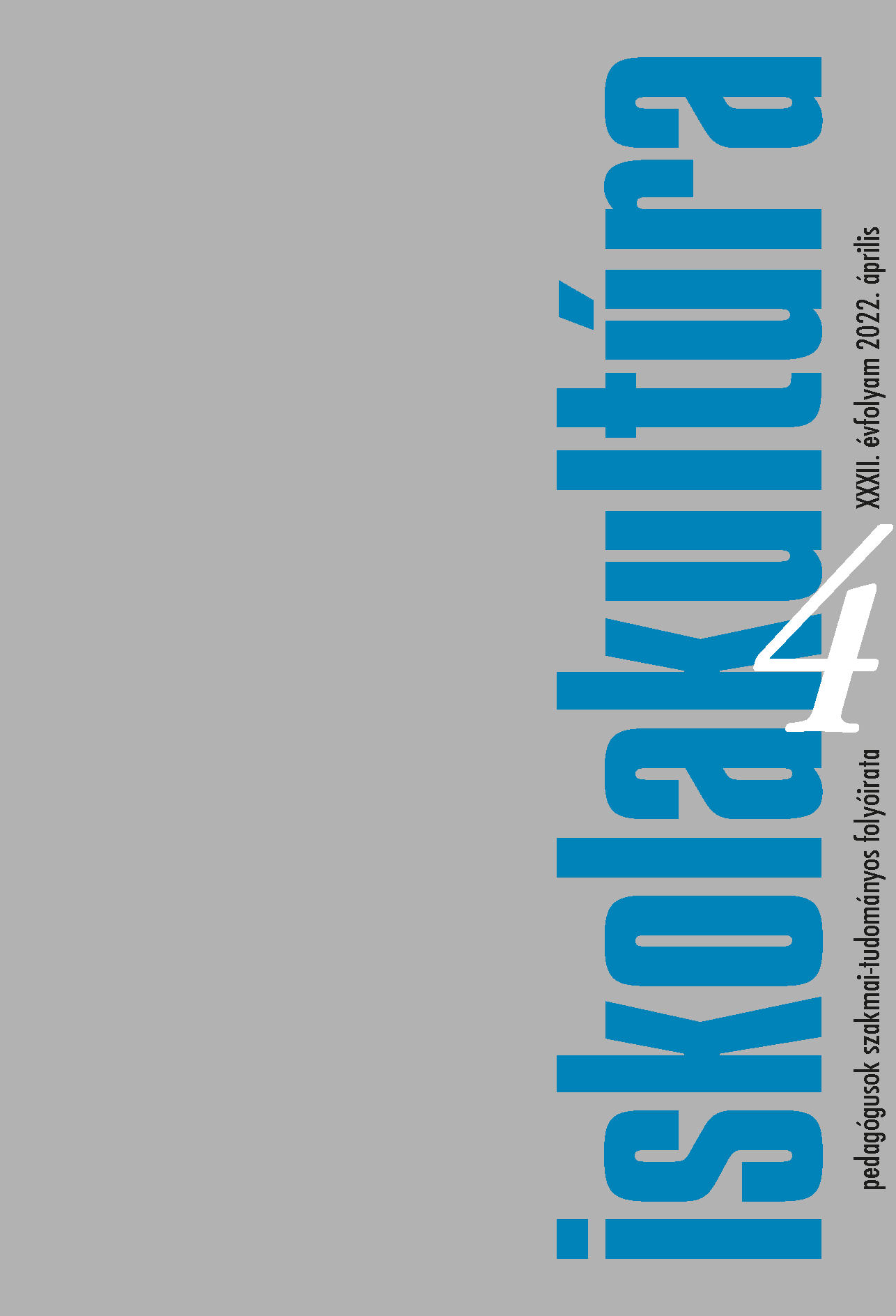Is the Hungarian public education prepared for the economic and social challenges presented by the next decade?
Main Article Content
Abstract
The aim of this article is to assess the adaptability of Hungarian public education in international comparison. First, it briefly summarises the most important consequences for public education of global trends that are transforming the structure of politics, society and economy. Second, it describes how the current Hungarian system compares with other countries with a similar institutional setup in terms of its capacity to meet these global challenges. This comparison shows that Hungary is among the most vulnerable and least prepared countries to adapt in the region in all three major areas of challenges. We concluded that the deficiencies of the Hungarian education system will not only severely limit job opportunities and quality of life for the next generation but are also likely to constrain social and economic development. At the same time, the varied patterns of adaptive capacity across Central- and Eastern Europe suggest that improvement is possible even in such systems burdened by the legacy of Soviet-style education systems.

